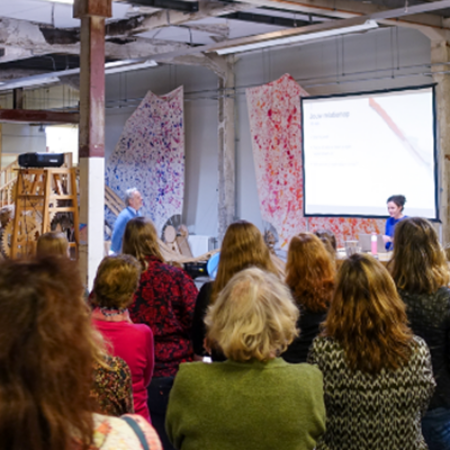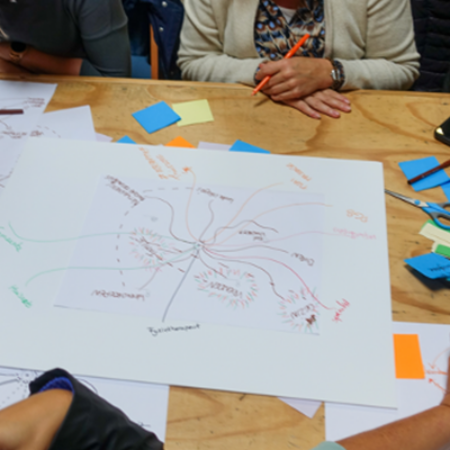Reshaping responsibility and autonomy in elderly care for a resilient care system and society
Sep 2023 - ongoing
The rising pressure on healthcare, driven by a growing elderly population, challenges the obviousness that care will always be readily available. In this context, Surplus, an organization providing comprehensive elderly care services in West Brabant, faces questions about its role in adapting to evolving responsibility and autonomy in elderly care. In my graduation project, I explore how Surplus can navigate a systemic shift towards a desired direction that includes an increase of autonomy, by uncovering values and applying systemic design.
About the project
This graduation project aims to 1) identify and address values related to elderly care and minimise potential conflicts during the shift to greater autonomy for elderly and their social network and 2) design an intervention that consciously incorporates these values, assisting Surplus in guiding the shift to a new care standard, while preserving job satisfaction. To achieve this, I approach the elderly care system from a relational perspective. Starting off with identifying current care-related values through in-depth interviews and relational mapping involving elderly care home clients, caregivers (both professional and informal), and prospective clients. These findings will help to revise the current care system and to strategically decide on the desired direction for a system shift. Subsequently, I will create a web of desired relations within the system, defined by values within the system. Actors will be assigned to connect the relations, through co-creation and scenario thinking, potentially redefining existing roles and introducing new ones.
Recently, I had the opportunity to facilitate an interactive workshop on relational mapping with 45 participants from the fields of elderly care and healthcare technology. Through a systems-thinking lens, we explored how relationships evolve when individuals find themselves in long-term care situations. Inspired by the study on relational mapping by Manuela Aguirre Ulloa, and Adrian Paulsen (2017), we developed a shared language using materials to describe these relationships.


